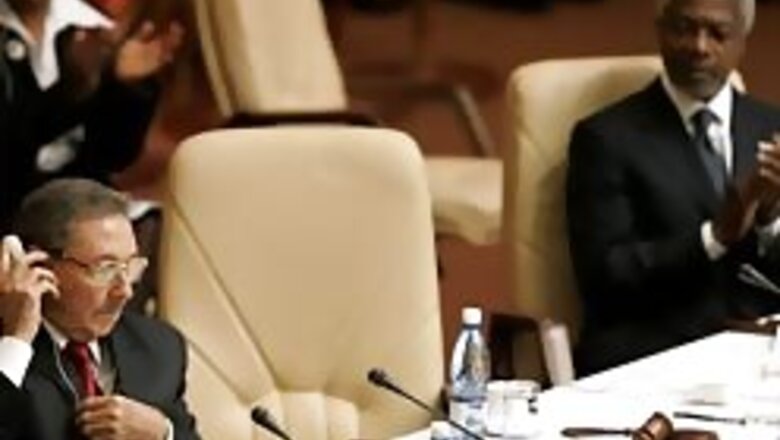
views
Havana: Iran, Venezuela and other states opposed to US policy sought to forge a common front on Friday at a Non-Aligned summit that Cuban leader Fidel Castro was too ill to chair.
The anti-US drive could displease other summit countries such as India and Pakistan who have forged closer relationships with Washington since the September 11, 2001 attacks.
The question of whether Castro would make his first public appearance since undergoing emergency surgery for intestinal bleeding in late July and ceding power temporarily to his brother Raul Castro loomed over the summit.
State television showed the 80-year-old greeting friend and ally Hugo Chavez, president of Venezuela, fueling talk that he might make a dramatic entrance.
Foreign Minister Felipe Perez Roque told delegates on Friday Castro's health was "improving continuously" but said "the doctors have insisted that he continue resting and thus he will not lead the Cuban delegation at the summit."
In Castro's absence, Raul Castro chaired the summit in a rare appearance for one of Cuba's most powerful but least visible figures.
He was upstaged by Chavez, who arrived like Fidel Castro's heir apparent with banter and controversial comments.
The Non-Aligned Movement (NAM), called a relic of the Cold War by critics, is trying to redefine its role in a world where the United States is increasingly dominant and unpopular among many developing countries.
It also comes in the context of impatience among some of its 118 members for reform of the United Nations, due to hold a general assembly in New York next week.
"The United States is turning the Security Council into a platform for imposing its policies… We should reinforce NAM and it should play its role more efficiently," said Iranian President Mahmoud Ahmadinejad.
Venezuela used the summit to lobby the summit for votes to win a seat on the Security Council in the face of US opposition and South African President Thabo Mbeki also used his speech to press for UN reform.
More than 40 heads of state and government and leaders from countries including North Korea are due to debate a document that backs Iran's right to nuclear technology and another sharply critical of Israel's recent war in Lebanon.
PAGE_BREAK
Prime Minister Manmohan Singh said fighting terrorism must also be on the summit's agenda.
"It (the summit) cannot afford to equivocate on the subject of terrorism. A message must emanate from us that we are united in our desire and determination to find and eliminate the scourge of terrorism," Singh said in a speech.
Pakistan President Pervez Musharraf said it was wrong and dangerous to single out Muslim states as the sole authors of terrorism. "Our (NAM's) strategy must clearly oppose the sinister tendencies to associate terrorism with Islam and discrimination against Muslims which are giving rise to an ominous alienation between the West and the world of Islam," he said.
Singh and Pakistan President Pervez Musharraf were due to hold talks in Havana on Saturday, hoping to ease tensions after a year of recriminations over terror attacks and Kashmir.
Washington branded Raul Castro a "military dictator" on Friday and called for a referendum in Cuba on a transition to democracy.
"Virtually the entire hemisphere stands ready to welcome a democratic Cuba back into the inter-American fold," US Commerce Secretary Carlos Gutierrez, a Cuban American, said in a speech at a Latin American economic conference in Miami.
Even without Castro the summit offers Cuba a rare chance in the post-Cold War period to project itself on an international stage after more than 40 years of US sanctions, drawing on its strong alliances with oil producers Venezuela and Iran.
A giant poster on Havana's waterfront showed US President George W Bush with the word 'murderer' below in a sign of Cuba's unchanging political orientation.
















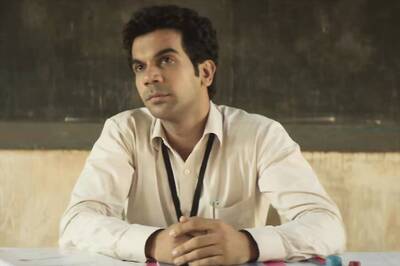
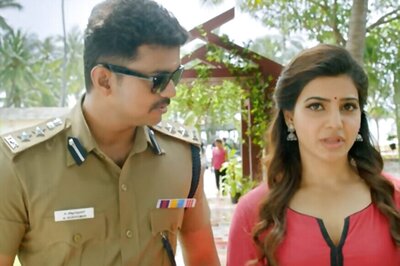
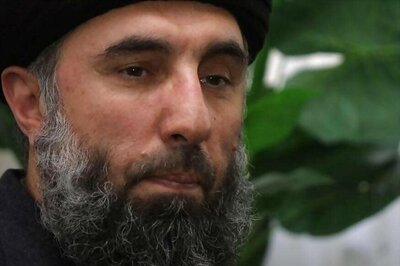
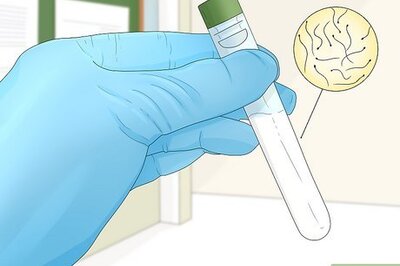
Comments
0 comment